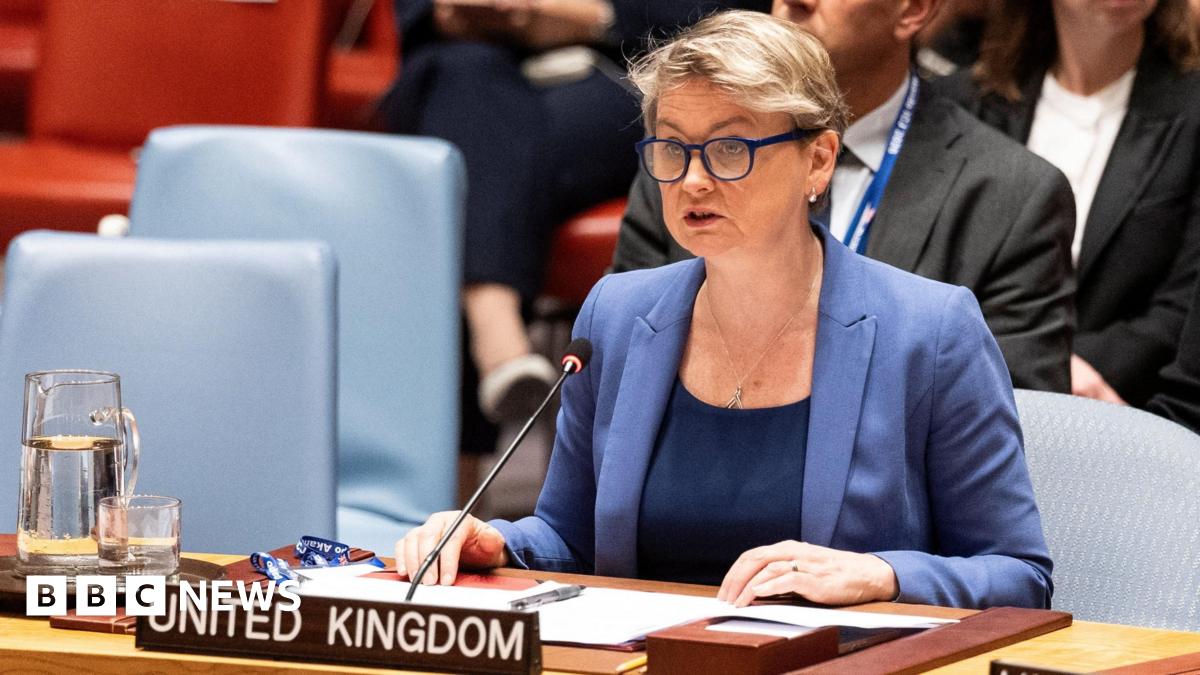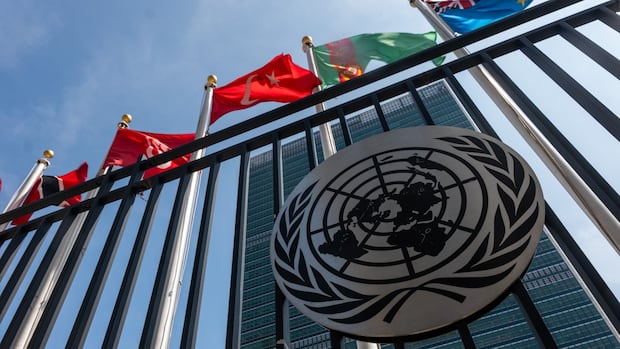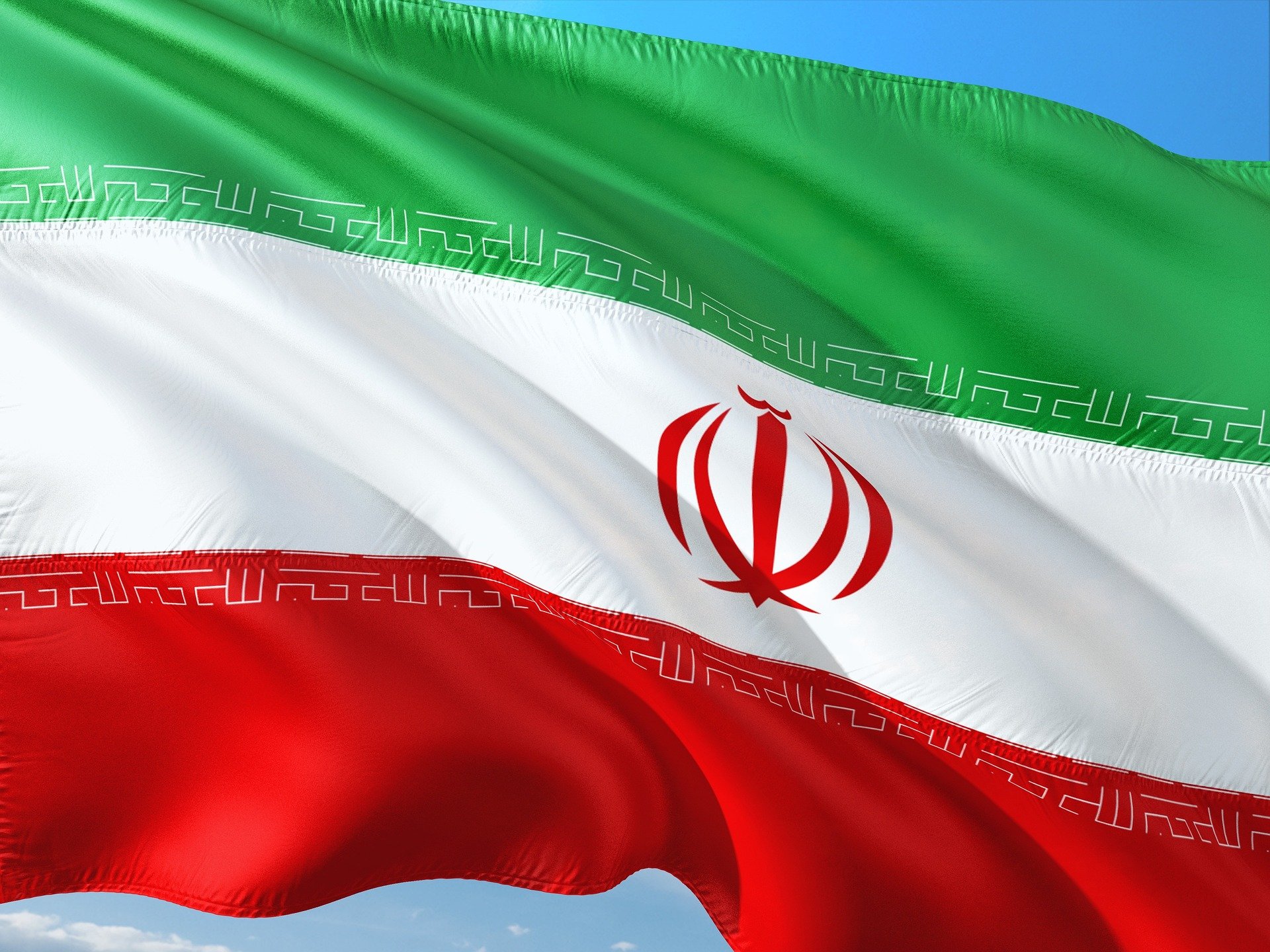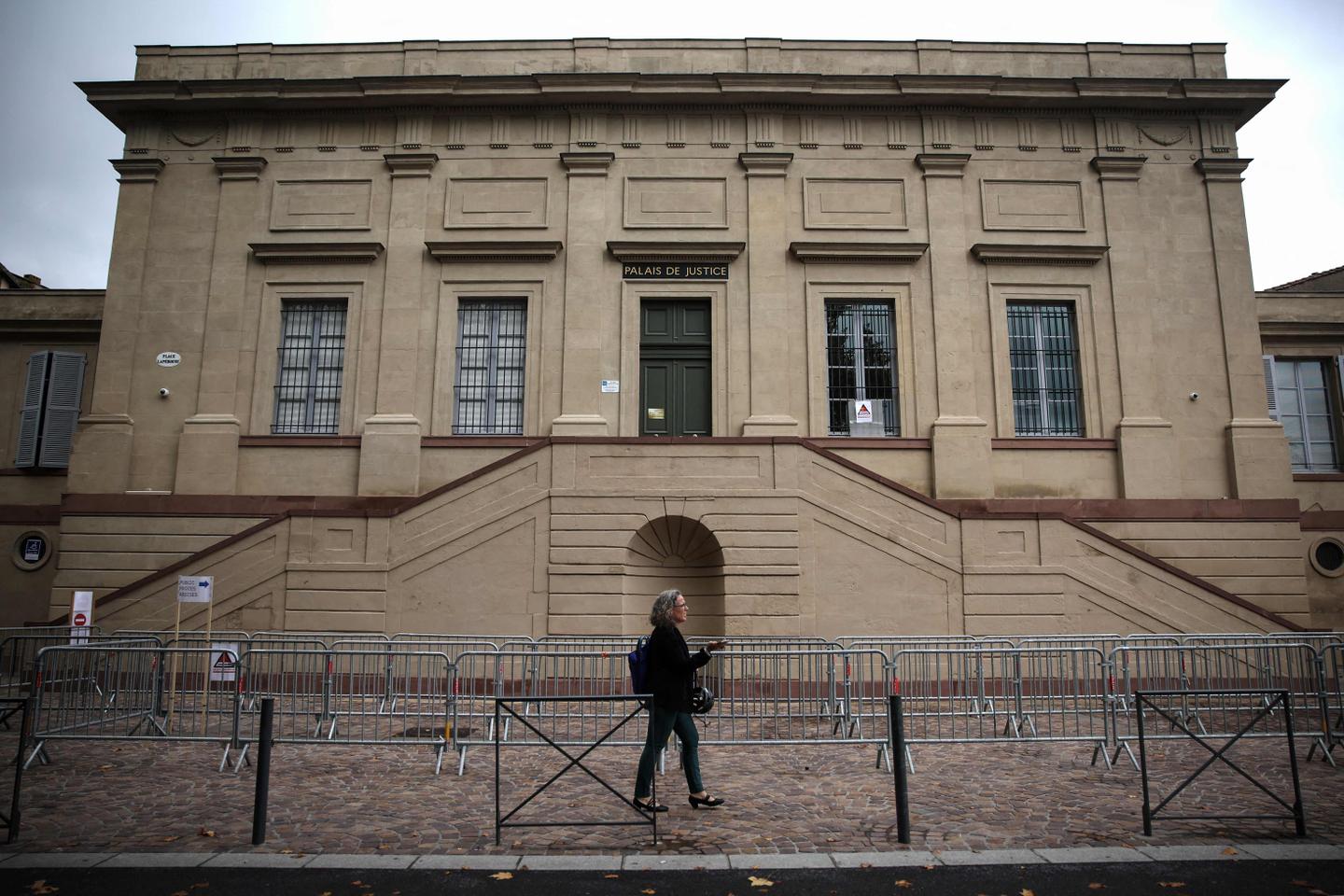UN Sanctions on Iran Reimposed After Nuclear Deal Setback
Following failed last-ditch negotiations with Western powers, UN sanctions on Iran, suspended for nearly a decade under the landmark 2015 nuclear deal (JCPOA), have been reimposed. The sanctions, which took effect on Sunday, target Iran's nuclear and ballistic missile programs and are expected to further strain the country's already weakened economy.
The "Snapback" Mechanism
Britain, France, and Germany (E3), signatories to the 2015 accord, triggered the so-called "snapback" mechanism in late August. They accused Iran of serious breaches of the agreement, including uranium enrichment far beyond levels needed for civilian purposes and non-cooperation with the International Atomic Energy Agency (IAEA). The IAEA confirmed on Friday that inspections had resumed.
- The sanctions regime in place from 2006-2010 automatically resumed at midnight GMT.
- Measures include a comprehensive arms embargo, a ban on uranium enrichment, and a global freeze on assets of Iranian individuals and entities linked to nuclear or ballistic missile programs.
Diplomatic Fallout and International Reactions
Despite last-minute diplomatic efforts, no breakthrough was reached. Germany, the United Kingdom, and France warned Iran against escalating tensions. U.S. Secretary of State Marco Rubio said President Donald Trump emphasized that diplomacy remains an option. Iran recalled its ambassadors from Britain, France, and Germany in protest, describing the decision to reactivate the sanctions as "irresponsible." Russia, however, has indicated that it will not enforce the sanctions, deeming them invalid.
Iran's Response and Future Prospects
Tehran has threatened to terminate cooperation with the IAEA upon the resumption of sanctions, while hardliners in parliament are calling for more drastic responses, including leaving the Nuclear Non-Proliferation Treaty. President Masoud Pezeshkian acknowledged that efforts to reach an agreement had failed but expressed confidence that Iran could withstand the sanctions. He also rejected a U.S. demand to hand over all of Iran's stockpile of enriched uranium in exchange for a temporary exemption from sanctions.
Lingering Concerns and Uncertain Future
Western powers continue to express concerns that Iran is seeking to develop nuclear weapons, a claim Iran vehemently denies. The future of the nuclear deal and Iran's relationship with the international community remains uncertain, with the potential for further escalation and economic hardship. Israel's Prime Minister Benjamin Netanyahu has also hinted that Israel was ready to take further military action to prevent Iran from developing nuclear weapons.
| Sanction Type | Description |
|---|---|
| Arms Embargo | Prohibits the sale or supply of weapons to or from Iran. |
| Uranium Enrichment Ban | Restricts Iran's ability to enrich uranium, a key component in nuclear weapons. |
| Asset Freeze | Freezes the assets of individuals and entities involved in Iran's nuclear or ballistic missile programs. |
| Travel Ban | Imposes travel restrictions on individuals involved in Iran's nuclear or ballistic missile programs. |
 Visit the website
Visit the website






